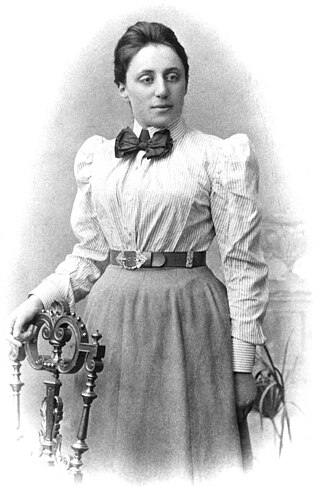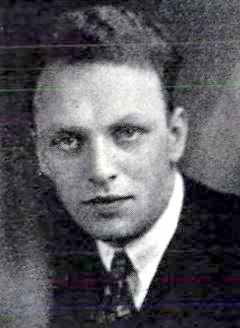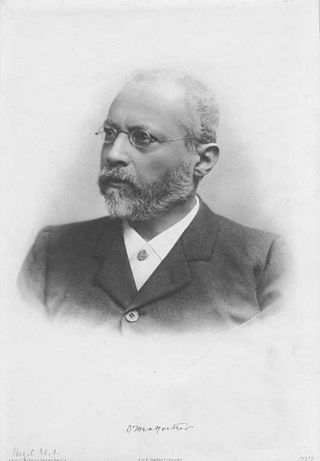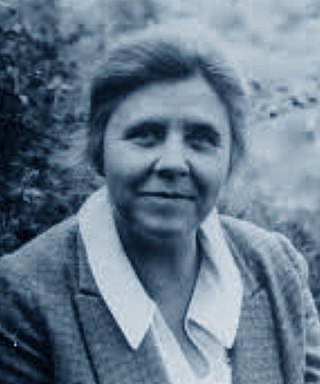Noether is the family name of several mathematicians (particularly, the Noether family), and the name given to some of their mathematical contributions:

Amalie Emmy Noether was a German mathematician who made many important contributions to abstract algebra. She discovered Noether's First and Second Theorems, which are fundamental in mathematical physics. She was described by Pavel Alexandrov, Albert Einstein, Jean Dieudonné, Hermann Weyl and Norbert Wiener as the most important woman in the history of mathematics. As one of the leading mathematicians of her time, she developed theories of rings, fields, and algebras. In physics, Noether's theorem explains the connection between symmetry and conservation laws.
In mathematics, combinatorial topology was an older name for algebraic topology, dating from the time when topological invariants of spaces were regarded as derived from combinatorial decompositions of spaces, such as decomposition into simplicial complexes. After the proof of the simplicial approximation theorem this approach provided rigour.
Personal names in German-speaking Europe consist of one or several given names and a surname. The Vorname is usually gender-specific. A name is usually cited in the "Western order" of "given name, surname". The most common exceptions are alphabetized list of surnames, e.g. "Bach, Johann Sebastian", as well as some official documents and spoken southern German dialects. In most of this, the German conventions parallel the naming conventions in most of Western and Central Europe, including English, Dutch, Italian, and French. There are some vestiges of a patronymic system as they survive in parts of Eastern Europe and Scandinavia, but these do not form part of the official name.

Paul Albert Gordan was a Jewish-German mathematician, a student of Carl Jacobi at the University of Königsberg before obtaining his PhD at the University of Breslau (1862), and a professor at the University of Erlangen-Nuremberg.

Guido Castelnuovo was an Italian mathematician. He is best known for his contributions to the field of algebraic geometry, though his contributions to the study of statistics and probability theory are also significant.

Øystein Ore was a Norwegian mathematician known for his work in ring theory, Galois connections, graph theory, and the history of mathematics.
In algebraic geometry, Max Noether's theorem may refer to the results of Max Noether:

Max Noether was a German mathematician who worked on algebraic geometry and the theory of algebraic functions. He has been called "one of the finest mathematicians of the nineteenth century". He was the father of Emmy Noether.

Ernst Witt was a German mathematician, one of the leading algebraists of his time.

Fritz Alexander Ernst Noether was a Jewish German mathematician who emigrated from Nazi Germany to the Soviet Union. He was later executed by the NKVD.

Chiungtze C. Tsen, given name Chiung, was a Chinese mathematician born in Nanchang, Jiangxi. He is known for his work in algebra. He was one of Emmy Noether's students at the University of Göttingen.
Gottfried Emanuel Noether was a German-born American statistician and educator; one of the third generation of a famous family of mathematicians: he was the son of Fritz Noether and nephew of Emmy Noether, the grandson of Max Noether, and brother of chemist Herman Noether. He died in Willimantic, Connecticut.

Anna Johnson Pell Wheeler was an American mathematician. She is best known for early work on linear algebra in infinite dimensions, which has later become a part of functional analysis.
In mathematics and theoretical physics, Noether's second theorem relates symmetries of an action functional with a system of differential equations. The action S of a physical system is an integral of a so-called Lagrangian function L, from which the system's behavior can be determined by the principle of least action.
Noether's theorem states that every differentiable symmetry of the action of a physical system has a corresponding conservation law.

Peter Jaques Roquette was a German mathematician working in algebraic geometry, algebra, and number theory.
The Noether family is a family of German mathematicians, whose family name has been given to some of their mathematical contributions:
Auguste Franziska Dick was an Austrian mathematician, historian of mathematics, and handwriting expert, known for her research on the history of mathematics under the Nazis, and for her biography of Emmy Noether.
Christiane P. Koch is a German physicist whose research involves quantum mechanical versions of control theory, including the use of lasers to achieve coherent control of chemical reactions. She has also performed research on efficiently testing the accuracy of quantum computing devices. She is a professor at the Free University of Berlin.